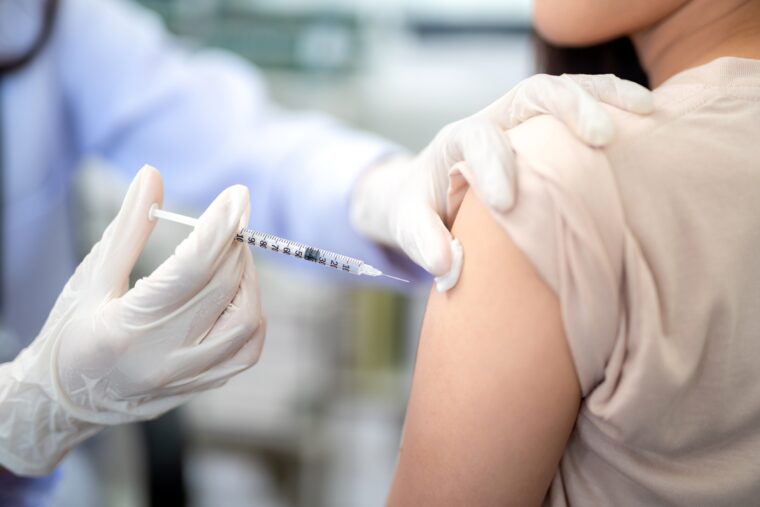Trust in the U.S. Centers for Disease Control and Prevention (CDC) has dropped sharply among St. Louis adults over the past three months, according to a new poll from iHeard St. Louis, a public health monitoring program at the School of Public Health at Washington University in St. Louis.
The CDC has been at the center of vaccine-related controversy in recent weeks. These latest findings suggest the public is aware of those events and provide an initial glimpse into community members’ reactions.
Compared to June, fewer residents now say they trust the CDC on flu vaccines. Fewer also believe the agency is prepared to respond to flu outbreaks or feel its actions are in the public’s best interest.
The findings come from iHeard St. Louis, a program designed to listen to community members and quickly identify emerging health concerns. iHeard relies on a standing panel of more than 200 residents who respond to weekly mobile phone surveys about health news, questions and beliefs. This ongoing approach allows researchers to track shifts in public opinion with strong reliability.
The most recent survey, conducted Sept. 6-8, asked St. Louis adults about their views of the CDC’s handling of flu and flu vaccines. These same questions were posed earlier this summer, June 21-23, creating a clear snapshot of how public sentiment has changed heading into flu season. This week’s alert is based on responses from 187 adults surveyed in September and 189 surveyed in June.
The results reveal a sharp decline in confidence. In June, 71% of St. Louis adults agreed that the CDC is prepared to respond to the flu. By September, that number had fallen to 56%. Similarly, the percentage of residents who felt the CDC’s flu response was in their best interest dropped from 78% to 61%. Trust in the CDC’s recommendations for flu vaccines also declined, falling from 59% to 50%.
The steepest declines were among men and older adults. Among men, the proportion who believed the CDC was prepared to respond to flu dropped by 19 percentage points. Those who felt the agency’s flu response was in the public’s best interest fell by 22 percentage points, and trust in its vaccine guidance declined by 15 percentage points. Among adults aged 60 and older, the drops were 26, 25 and 11 percentage points, respectively, across the same three measures.

“These findings show how quickly public trust can shift,” said Matthew W. Kreuter, the Kahn Family Professor of Public Health at WashU. “They also suggest that people are paying attention to national conversations about health and vaccines.”
iHeard was launched during the COVID-19 pandemic to help understand what the public was hearing about the virus and vaccines, but has since expanded its scope to cover all health topics. Its weekly surveys have been administered for over four years, encompassing communities in eight states.
Once data is collected, iHeard produces infographics, alerts and other resources that are distributed to more than 200 community organizations, including local health departments, nonprofits and clinics. This rapid-response model helps ensure that accurate information can reach the public quickly.



